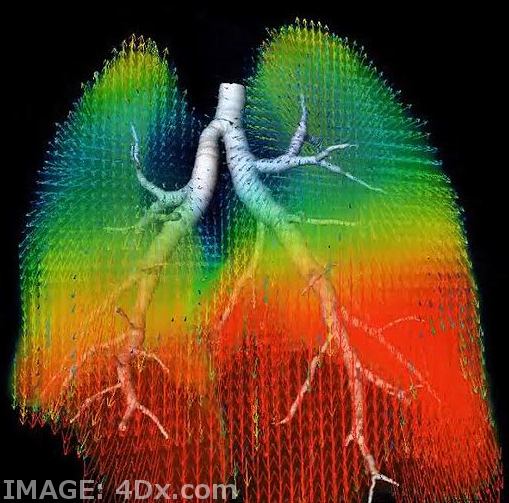State sees hMPV rise
 A surge in human metapneumovirus (hMPV) infections is hitting New South Wales, with over 1000 reported cases in just the past two weeks.
A surge in human metapneumovirus (hMPV) infections is hitting New South Wales, with over 1000 reported cases in just the past two weeks.
The virus, unfamiliar to many, is now commanding attention, with experts warning hMPV can bring severe complications.
Dr Larissa Dirr, from Griffith University's Institute for Glycomics, says hMPV infections pose a significant threat to specific demographics.
“Human metapneumovirus infections pose an important threat to the health of infants, elderly, and immunocompromised people, such as transplant patients, who are most at risk of contracting hMPV and developing severe disease, such as pneumonia or bronchiolitis,” she said.
“Global studies have indicated that every child under the age of five has encountered hMPV at one point in their life, with the percentage of children who are hospitalised due to an hMPV infection being 10 to 12 per cent.”
Although there have been many advances made since its discovery, neither effective drugs nor vaccines are currently available to treat or prevent hMPV infections.
“Basic infection control practices, including staying home if you're unwell, good hand hygiene, and mask-wearing work for this virus,” says Paul Griffin, Director of Infectious Diseases at Mater Health Services.
But he warns about the potential, saying; “It is also a virus that is prone to causing outbreaks in nursing homes and hospitals, so identifying it early and implementing appropriate precautions is very important”.
Dr Mary Petrone, a Postdoctoral Research Associate at the University of Sydney, says that “hMPV has been misconstrued as a 'new' virus because it was discovered in 2001”, when it likely circulated among humans for centuries before identification.
Nusrat Homaira, a respiratory epidemiologist at The University of New South Wales, says well-practised protocols apply.
“Since the emergence of COVID-19 pandemic, seasonality and distribution patterns for common respiratory viruses have been altered and there has been increased detection as well,” she says.
“Like any other respiratory virus, we should consider keeping our children at home if they have respiratory symptoms, maintain respiratory hygiene and practise frequent hand washing to prevent transmission of respiratory infection.”








 Print
Print